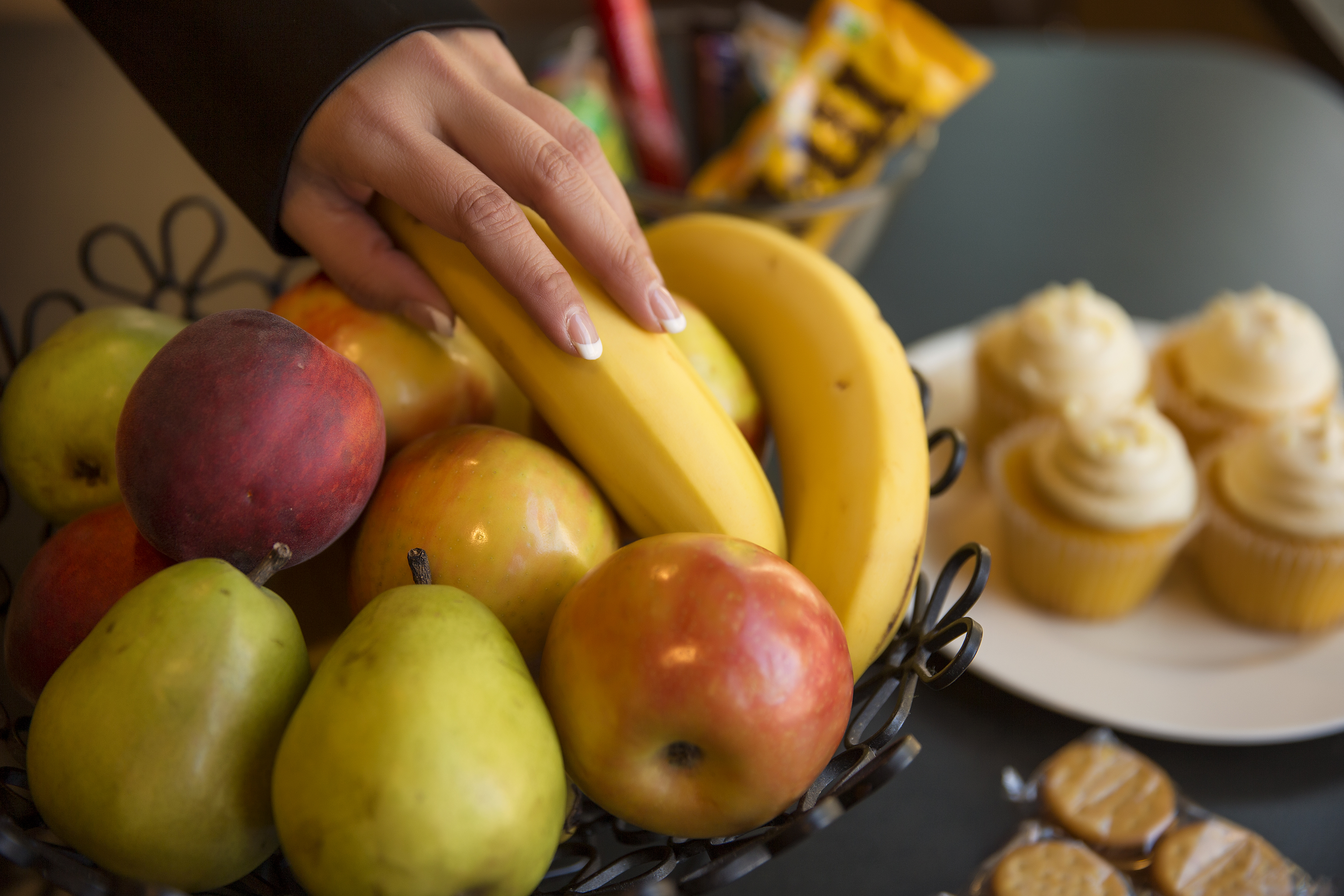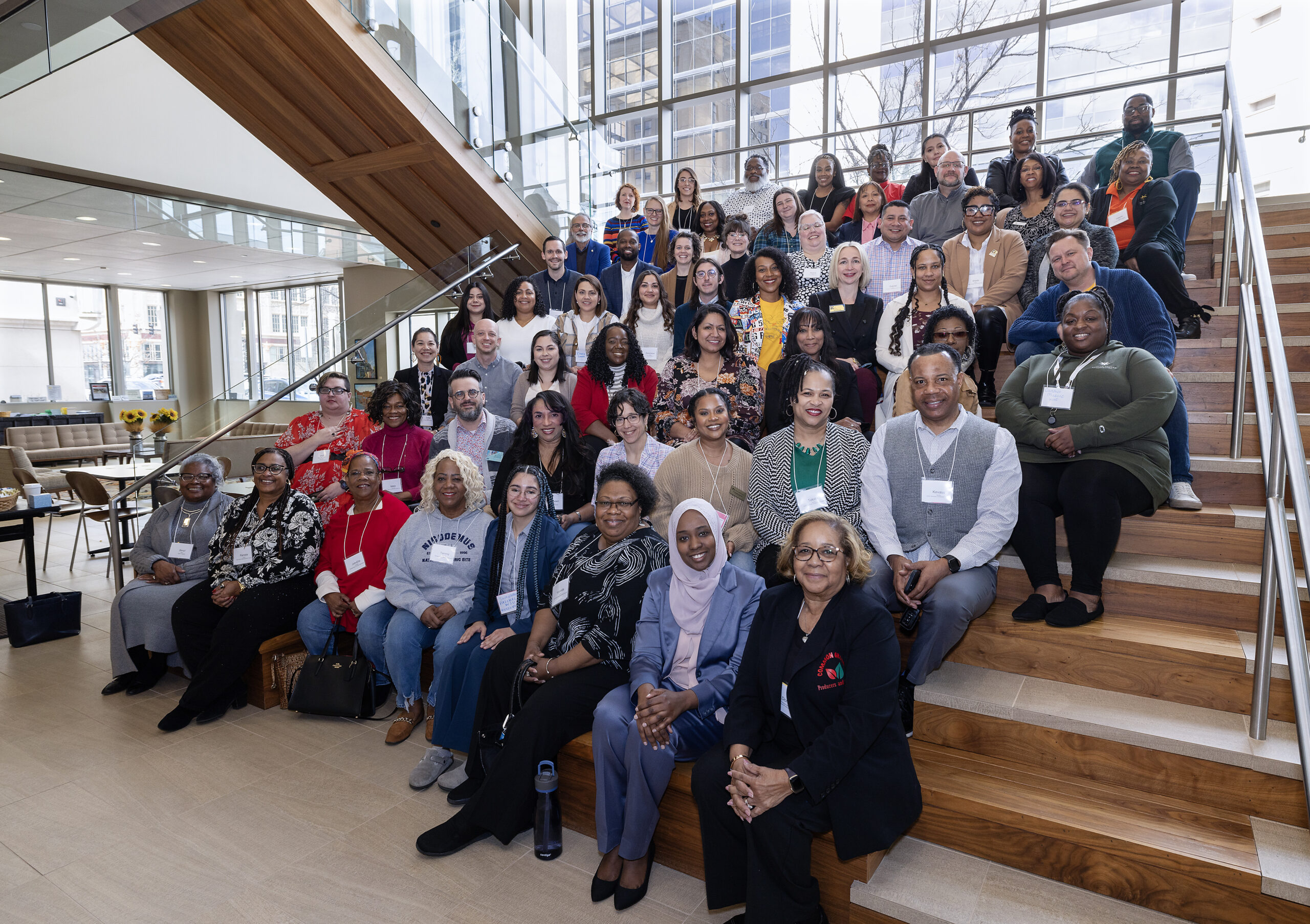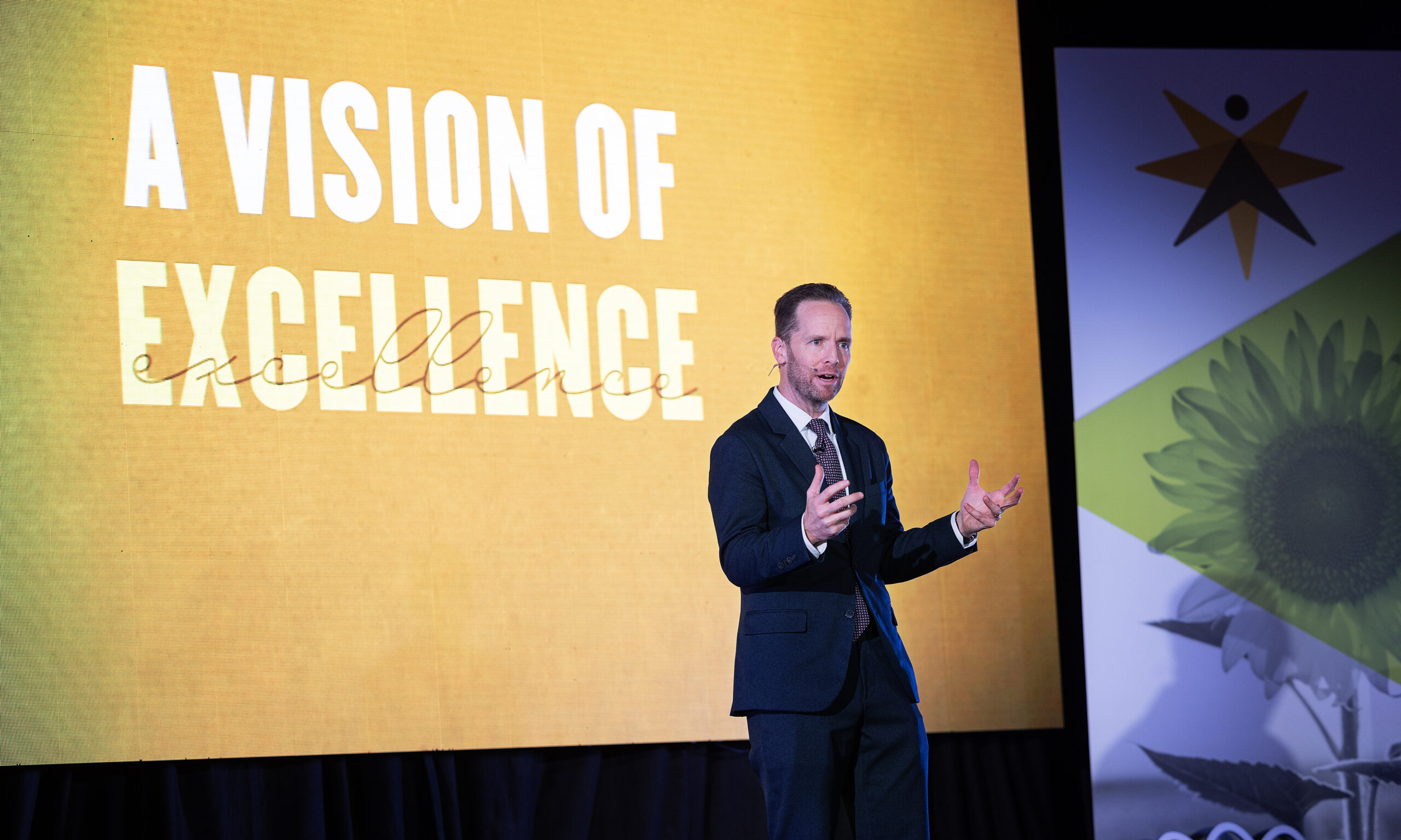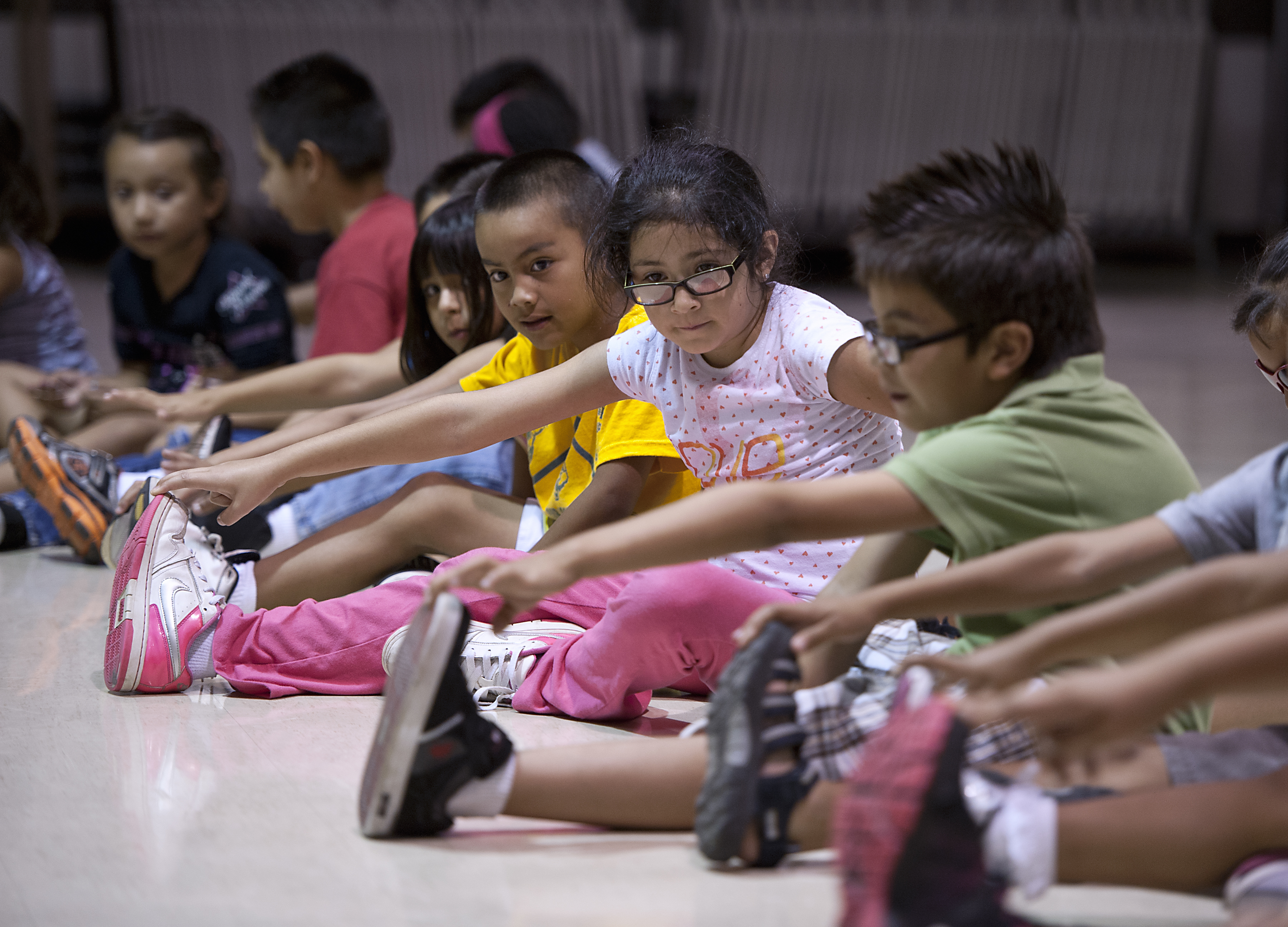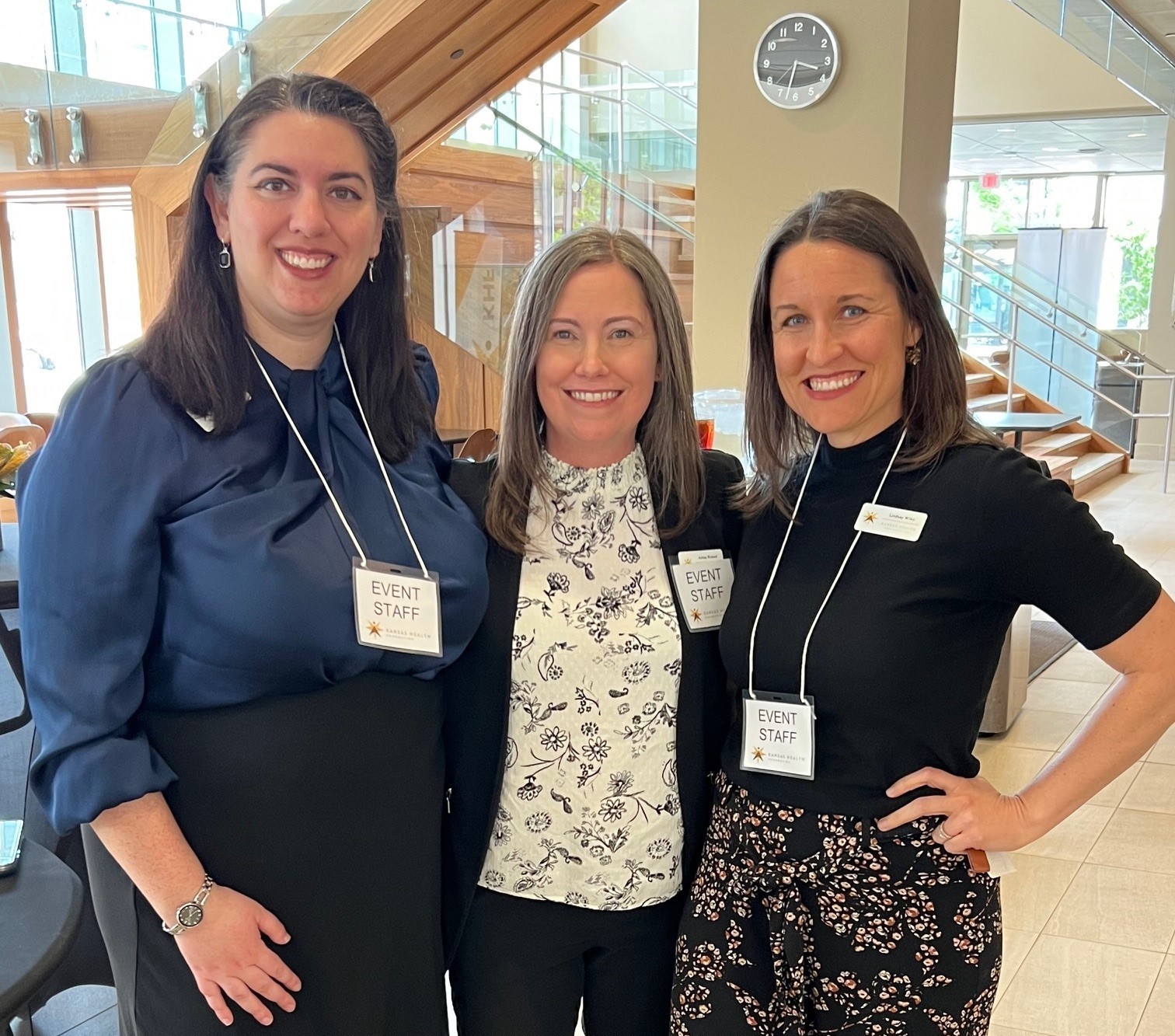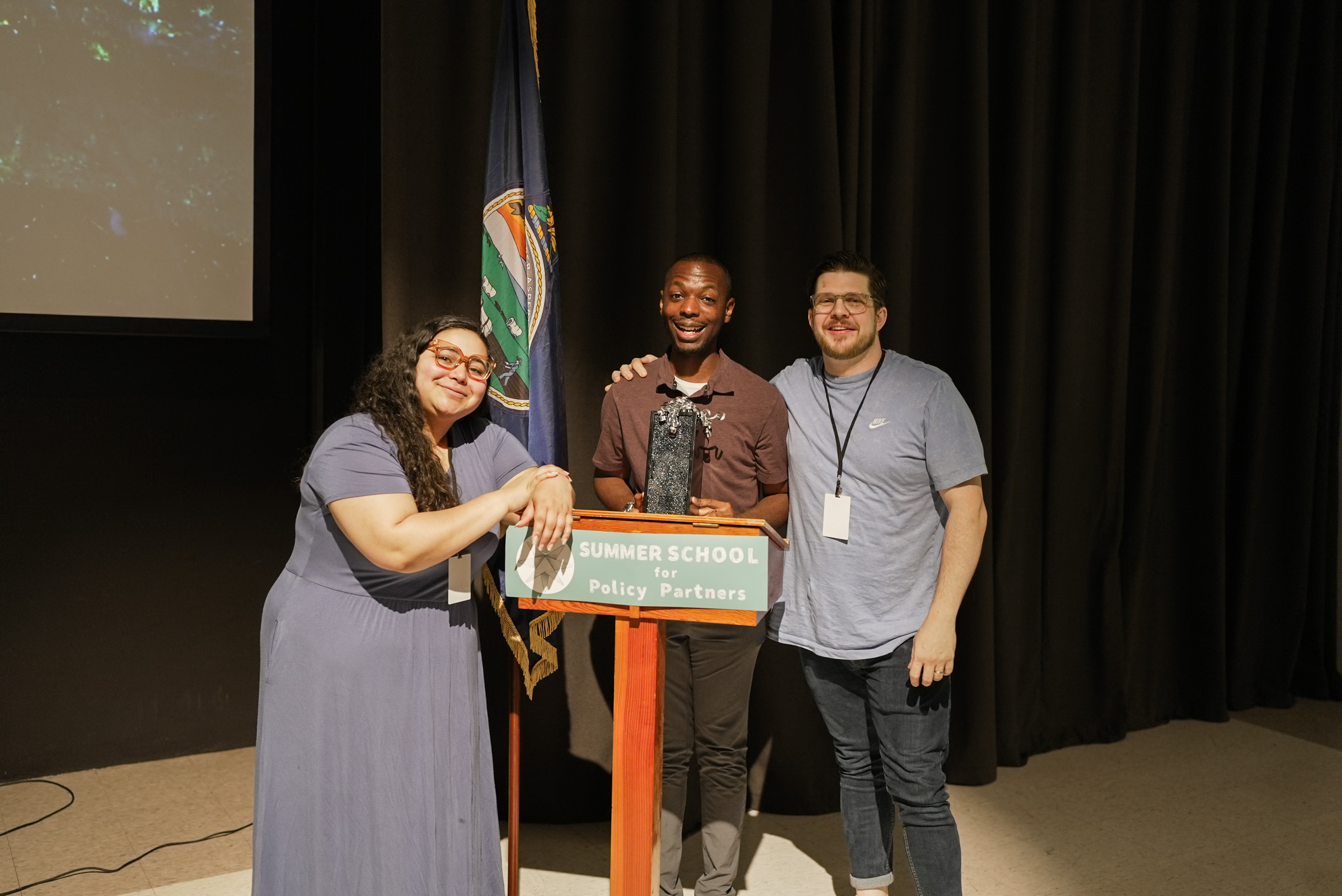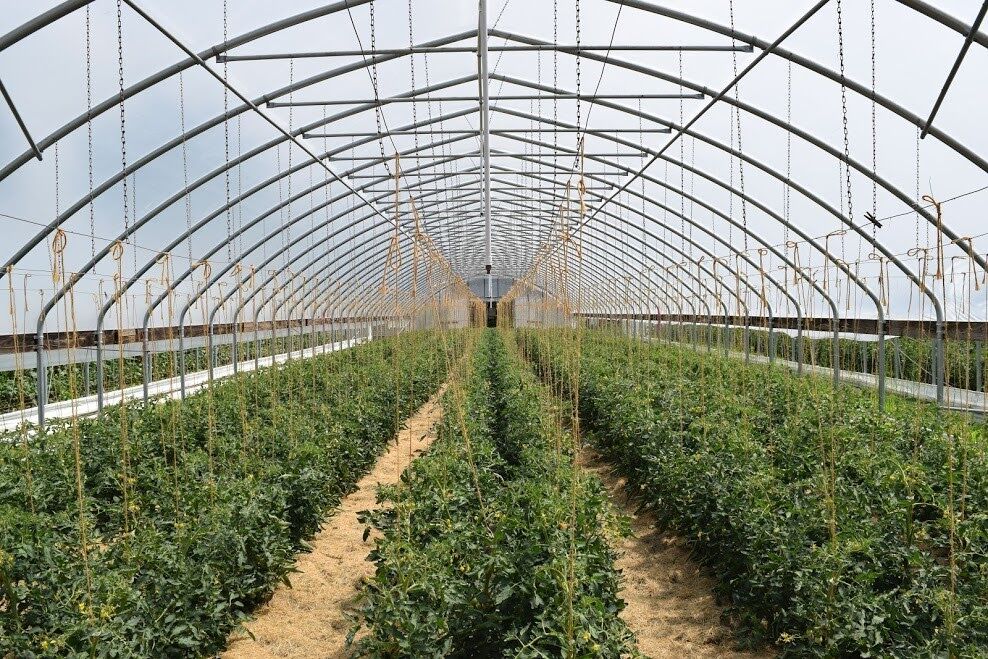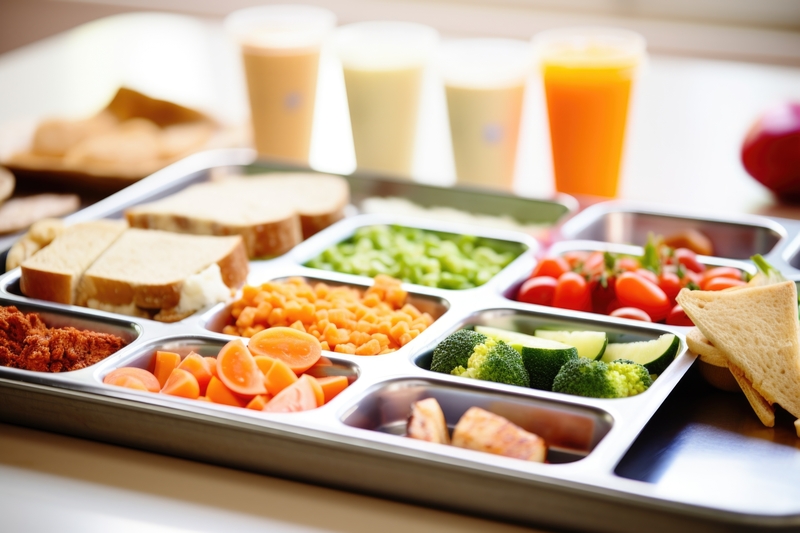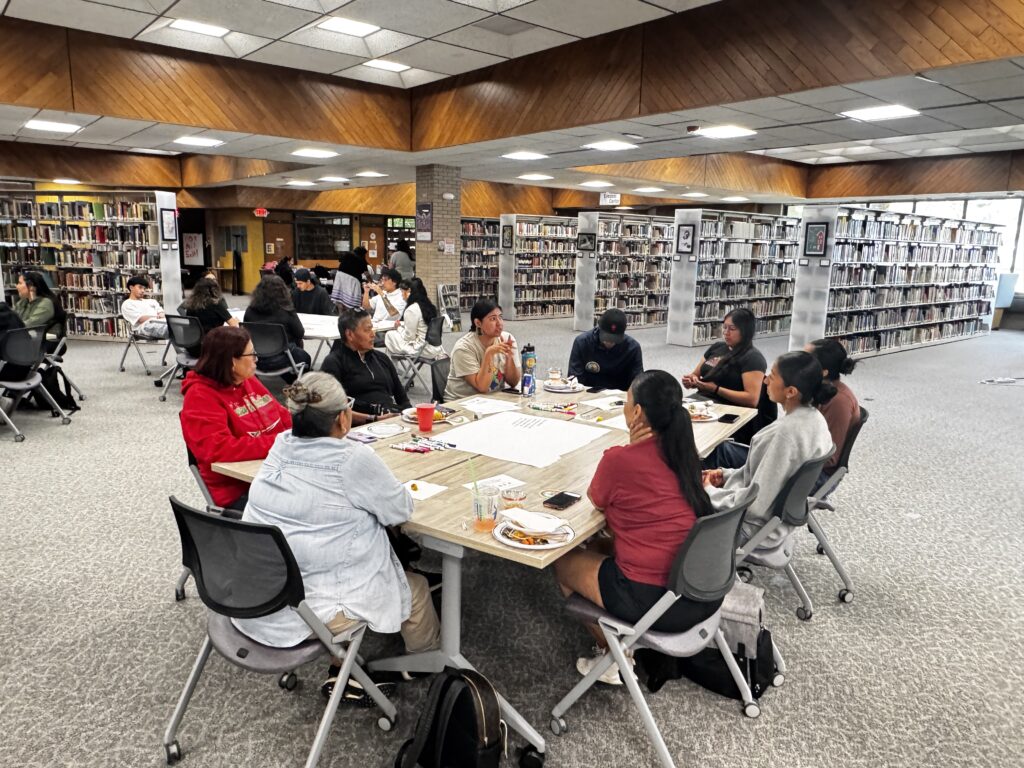It can be a challenge to find a year-round supply of fresh, local produce in communities across Kansas. KC Healthy Kids is offering a few ways local producers across the state can change that.
KC Healthy Kids and the Public Health Law Center recently published “Local Policy Options: Overcoming Barriers to Season Extension,” which is designed to help Kansas farmers and gardeners learn how to extend the traditional outdoor growing season, and how to navigate local regulations and overcome barriers.
“Everyone really wants to see locally sourced food in different institutions – from schools, to nursing homes and city and county facilities. The issue is, we just can’t grow enough in Kansas to make that happen,” said Ashley Jones-Wisner, KC Healthy Kids state policy director. “We can make that desire a reality by communicating about the importance of season extension.”
The resource describes different growing practices – for example, selecting cold-weather hearty plants, covering plants from harsh elements, or sophisticated techniques that require infrastructure, like hydroponic growing methods in greenhouses. It also addresses current laws affecting those activities. The Kansas Health Foundation funded the publication as part of a $375,000 Statewide Advocacy for a Healthier Kansas grant.
In addition to the report, KC Healthy Kids is developing an advocacy plan to implement state and local policy strategies to address key healthy food access issues in Kansas.
Jones-Wisner hopes local policymakers will use the resource as a guide to examine current policies, and make necessary changes to allow more growing structures within city limits.
This, she said, would lead to greater local food production, better access to healthy, wholesome food, and more Kansas-grown products being used in various Kansas institutions.
The publication highlights a handful of communities – including Salina, Lawrence and Hutchinson – with local policies that encourage, or could motivate, year-round food production.
Many cities have already reevaluated outdated regulations restricting food production, and adopted policies permitting growing structures within city limits – encouraging urban agriculture.
The resource can familiarize residents and policymakers with season extension concepts, and serve as a community conversation starter about existing policies, and future opportunities and roles.
Helen Schnoes, Douglas County sustainability and food systems planner, said sometimes policymakers get a bad rap, and they’re typically working with policies that have been written without an understanding of diverse techniques – like season extension activities.
“Engaging resources like this can really help anchor those intimidating big picture conversations that Kansas communities are starting to approach about what it means to strengthen a community food system,” Schnoes said. “I think everyone should feel empowered to make policies in their communities, and support the community they want to have.”
If consumers know they can buy produce outside the traditional season, it helps farmers and gardeners feel confident about adopting new techniques.
As a Kansas farmer and Douglas County K-State research and extension agent, Tom Buller knows all about season extension and the challenges farmers face while growing local fruits and vegetables. He also understands how difficult it is for hopeful producers to find good quality resources about agricultural practices.
This publication, he said, hits all the marks.
“Kansas is a tough place to grow fruits and vegetables. Even in eastern Kansas, we’re in this zone where we can get a decent amount of rain, or not,” Buller said.
“Season extension can really help you take control of those environmental factors and even out production,” he said, adding that it’s also great from a commercial standpoint, because farmers can offer produce earlier or later than when other growers can, which increases their profitability.
Consumers are constantly wanting fresh, locally-grown food, and it’s a trend that isn’t going away, Jones-Wisner said.
To read the entire report, please click here. Photo courtesy of Tom Buller.


